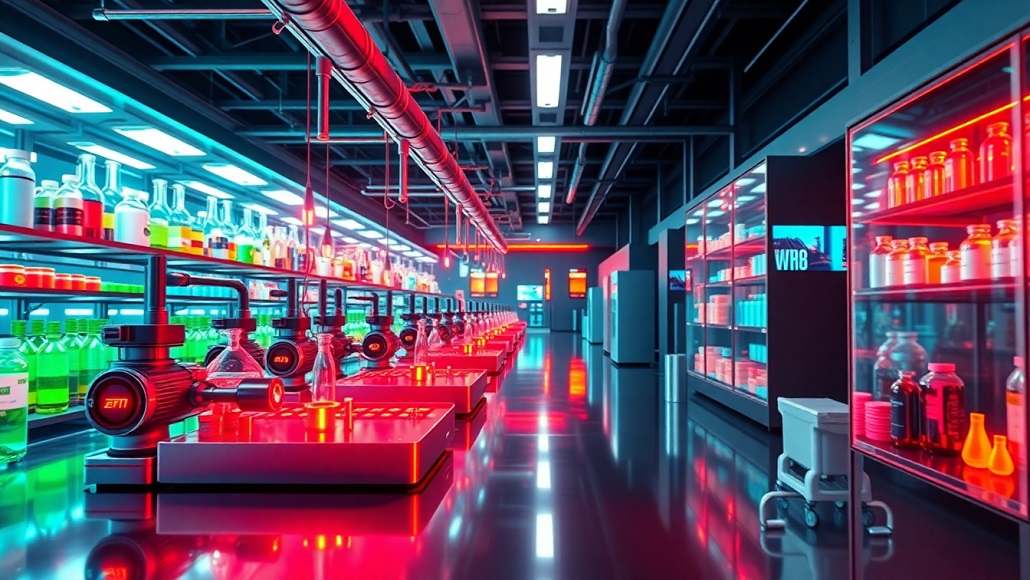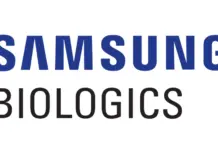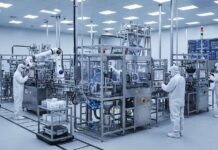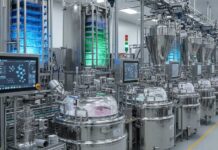Researchers at Chalmers University of Technology in Sweden have created synthetic DNA that directs the cellular creation of proteins with the aid of an AI. With the help of technology, vaccines, medications for serious illnesses, and alternative dietary proteins might all be developed and produced considerably more quickly and inexpensively than they are now.
The mechanism by which the genes are translated is essential to the operation of cells in all living beings. Simply put, the messenger RNA (mRNA) molecule receives instructions from the genetic code in DNA about which proteins to generate and in what quantities.
Controlling gene expression is a major area of research since it can, among other things, aid in the creation of protein-based medicines. A current illustration is the COVID-19 mRNA vaccine, which sent instructions to the body’s cells to generate the same protein found on the coronavirus’s surface. The immune system of the body could potentially develop antibodies against the pathogen. Likewise, by comprehending the genetic code that controls the creation of particular proteins, it is feasible to instruct the body’s immune system to eradicate cancer cells or other complex disorders.
The majority of today’s new medications are protein-based, but because it is challenging to regulate how the DNA is produced, the methods used to make them are both time-consuming and costly. Associate Professor of Systems Biology at Chalmers University, Aleksej Zelezniak, and his team made significant progress last year toward knowing and controlling the amount of a protein produced from a specific DNA sequence.
The ability to completely read the DNA molecule’s contents came first. Now that they have been successful in creating their own DNA, which carries the precise instructions to regulate the amount of a certain protein, Aleksej Zelezniak outlines the most recent significant discovery made by the research team.
Custom DNA molecule production
The idea behind the new approach is comparable to how AI creates looks that resemble real people. The AI can then build entirely new but realistic-looking faces by studying the appearance of a wide range of faces. Then, it is simple to alter a face by telling it to look older or have a distinct hairdo, for example. Without the aid of AI, it would have been considerably more challenging and time-consuming to create a realistic face from scratch. The regulatory code and structure of DNA have also been taught to the researchers’ AI. The AI then creates synthetic DNA, where it is simple to alter its regulatory data to direct gene expression in the appropriate manner. Simply explained, the AI prints the correct DNA sequence after being instructed on how much of a gene is desired.
The molecule of DNA is extraordinarily lengthy and intricate. Thus, modifying it by repeatedly reading and changing it before rereading and altering it again presents a very difficult experimental problem. In this method, it takes years of study to discover a solution. It is considerably more efficient to let an AI discover the fundamentals of exploring DNA. Now, what would normally take years just takes weeks or days, as a research associate at Slovenia’s National Institute of Biology and a former postdoc in Aleksej Zelezniak’s group, first author Jan Zrimec, explains.
The yeast Saccharomyces cerevisiae, whose cells mimic those of mammals, is where the researchers created their technique. The utilisation of human cells is the next stage. The researchers are hoping that their work will influence the creation of both new and old medications.
The development of protein-based medicines for difficult diseases or alternative sustainable dietary proteins might take years and be very expensive. Some are economically unviable because they are so expensive that it is difficult to see a return on investment. With the aid of their technology, proteins may be developed and produced considerably more quickly so they can be sold, Aleksej Zelezniak adds.




























